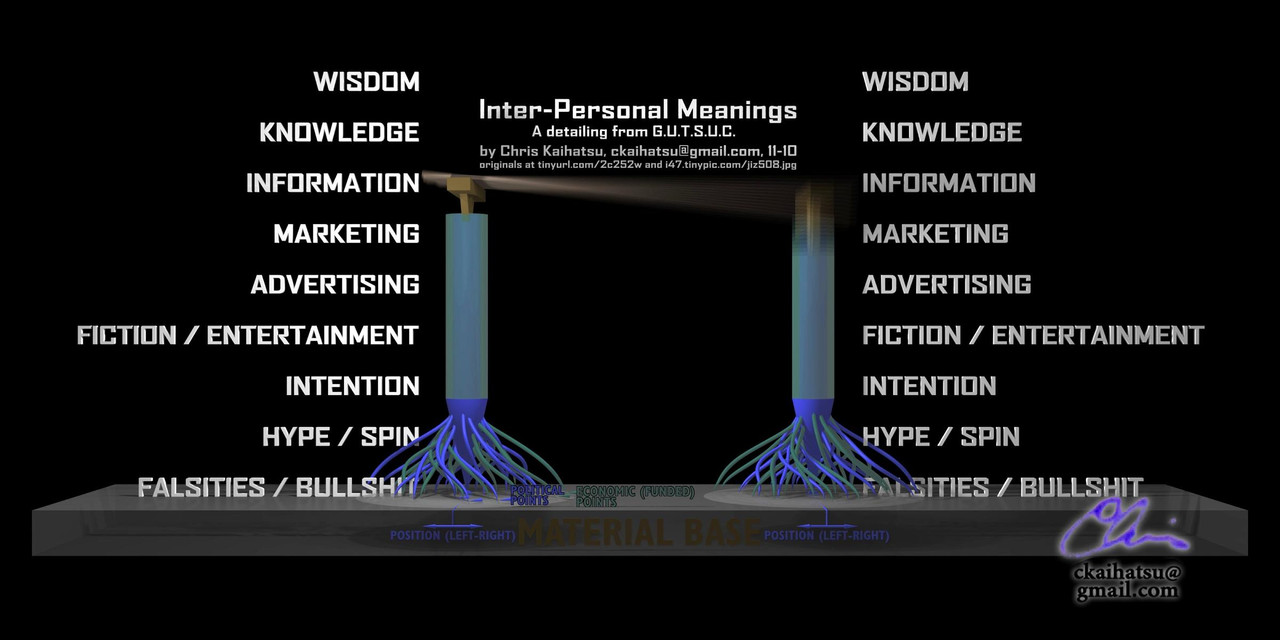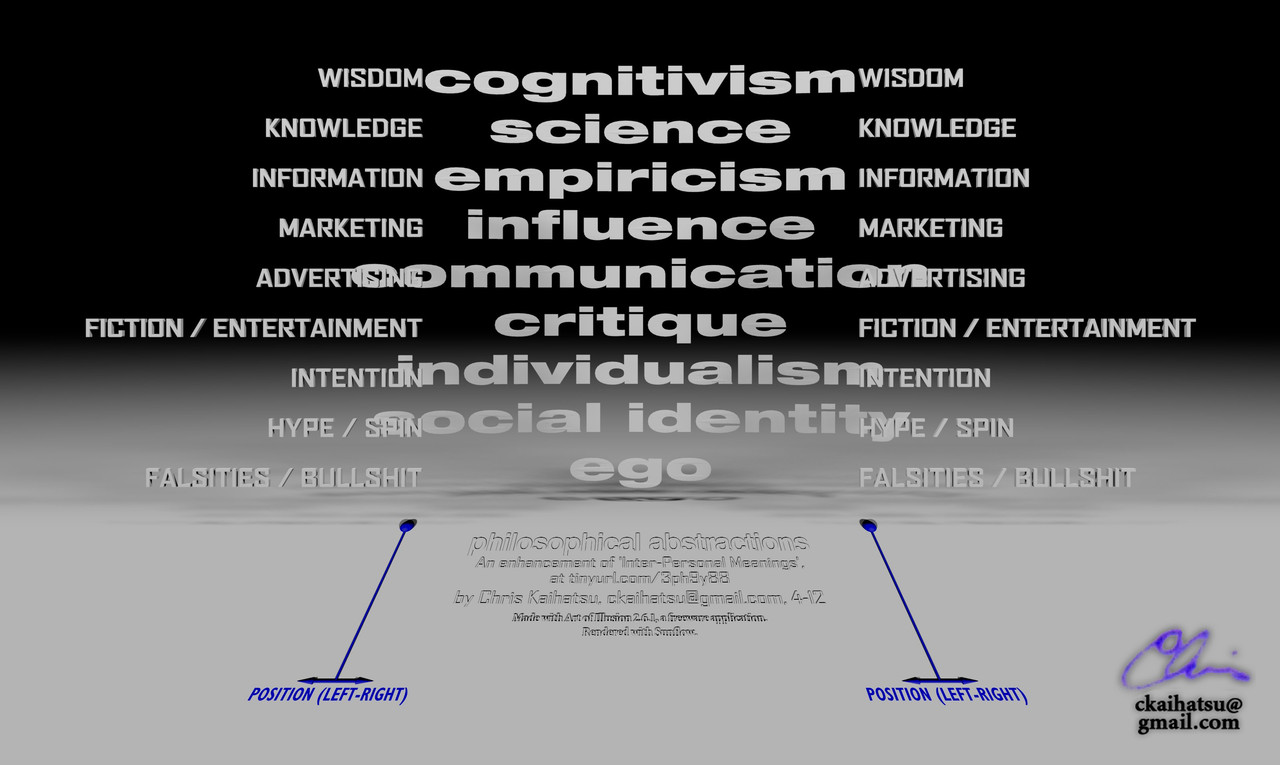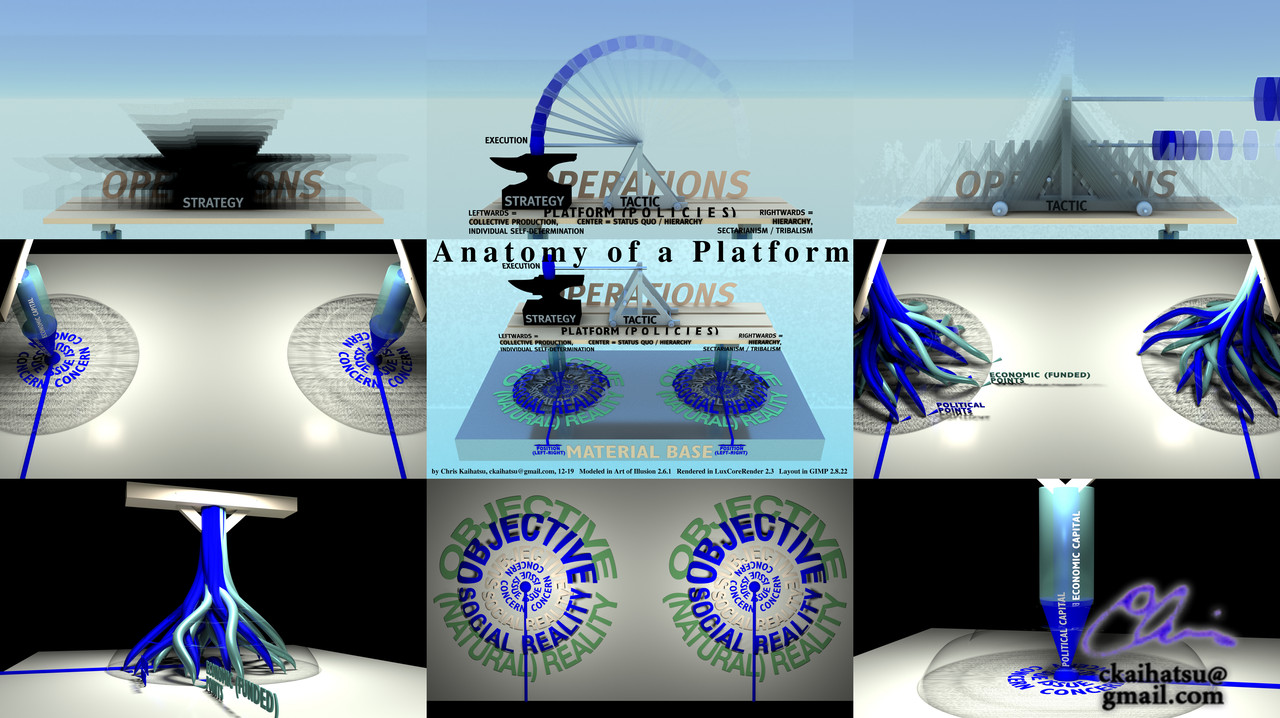- 14 Dec 2022 15:19
#15259026
Late's a State-Department-type, so he'll just spin, spin, spin to waste time.
Interpersonal Meanings
philosophical abstractions
late wrote:
RhetoricThug wrote:
C'mon man.
RhetoricThug wrote:
This is a bluff, an attempt to reply to my original response. It lacks heart and sincerity. Where is the direct engagement and level-headed approach to the content? I'm sorry you're physically and mentally abused by a potentially fictional character. If you'd like me to go into detail, I can write you a detailed paragraph describing the ailments you face.
Late's a State-Department-type, so he'll just spin, spin, spin to waste time.
Interpersonal Meanings
Spoiler: show
philosophical abstractions
Spoiler: show








 - By wat0n
- By wat0n - By KurtFF8
- By KurtFF8